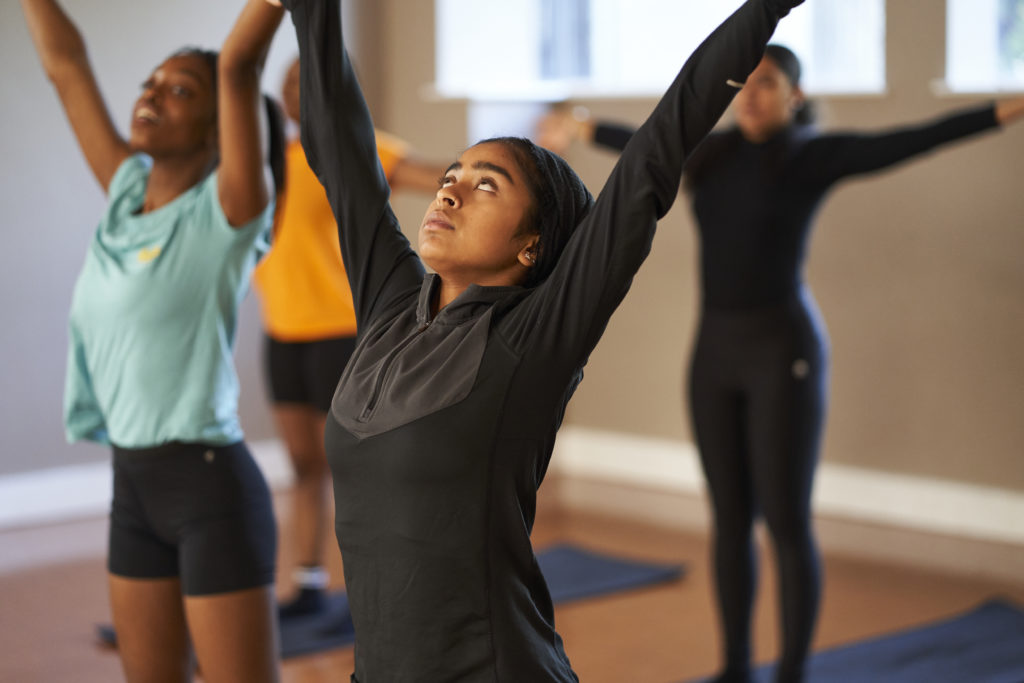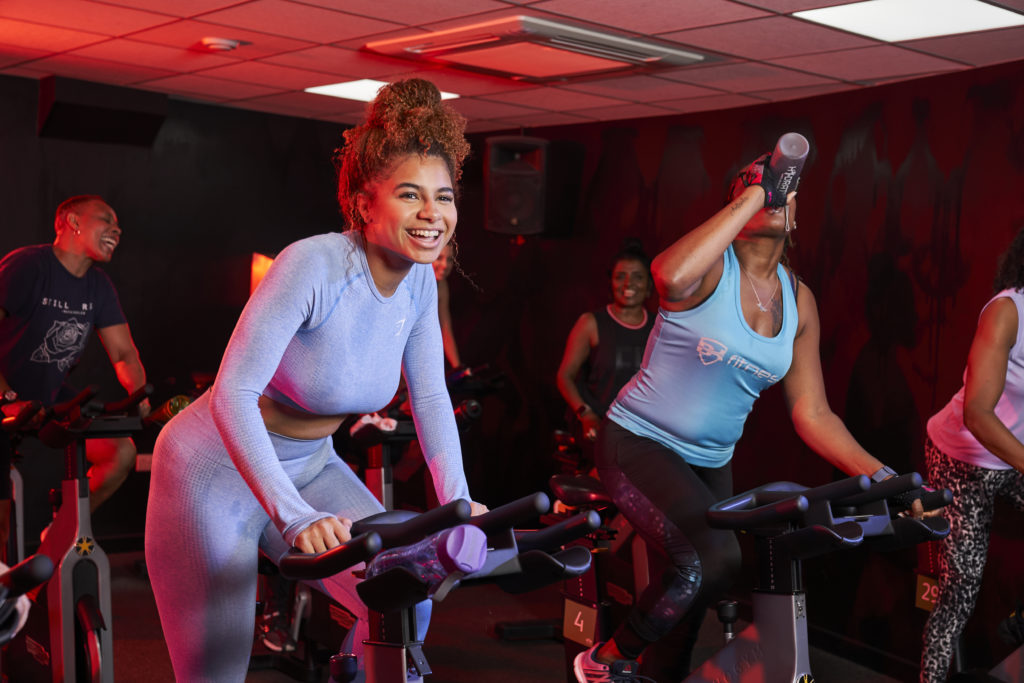
The benefits of exercise
Exercise is a great way to maintain your physical health. Regular exercise can help prevent health conditions such as heart disease, high blood pressure, stroke, and osteoporosis to name but a few. However, its benefits extend to improved mental wellbeing too. Staying active is a great way to improve low mood and boost confidence.

Symptoms of low mood
Symptoms of low mood include feeling more tired than usual or having trouble sleeping. You may find yourself feeling more sad, panicky, angry, or frustrated and lacking in self-esteem.
Everyone experiences low mood at times, and it can be in response to life events, stress, financial or work pressures. However, if you experience a generally low mood for more than two weeks, it may be a sign of depression. You can find more information and support here.
How can exercise help?
It can be hard to find the motivation to stay active when you aren’t feeling well, but the benefits will be worth the effort. Studies have found that exercise can be just as effective as traditional forms of treatment for mild depression. There have also been indicators that the positive effects of activity over 12 weeks can still be seen after 12 months.
There are three hormones that are working together to give you a great post-workout feeling. These are serotonin, dopamine and endorphins.

Serotonin
Exercise has been linked to an increase in so-called ‘happy hormones. One of which is serotonin, a natural mood stabiliser. Serotonin helps moderate mood, maintains bone health, regulates anxiety, and aids sleep. Serotonin isn’t the only hormone that is boosted during exercise.
Dopamine
Dopamine (the feel-good hormone) is also increased. When dopamine is released, you’ll feel naturally happier, more motivated and may see improvements in sleep and memory.

Endorphins
Finally, exercise will enhance the production of endorphins. Endorphins help reduce stress and are a natural pain reliever. But exercise isn’t the only thing that helps promote endorphin production. Social interaction can help increase the hormone, so activities like group exercise have an added advantage. Research has found that rowers who worked in a team had higher pain thresholds than those taking part in the same activity solo. This suggests that group exercise produces more endorphins. It is also a great way to stay motivated and accountable!
Reap the rewards of those euphoric hormones today!

